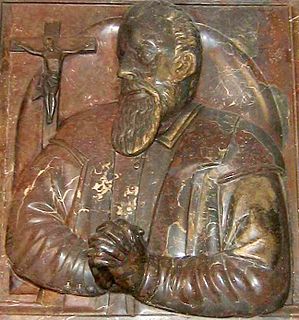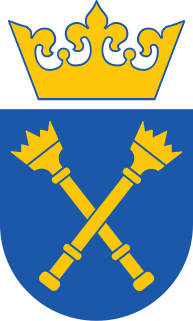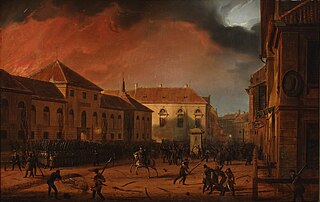The history of philosophy in Poland parallels the evolution of philosophy in Europe in general.

John of Głogów was a notable polyhistor at the turn of the Middle Ages and Renaissance—a philosopher, geographer and astronomer at the University of Krakow.
Jakub of Gostynin was a Polish philosopher and theologian of the late 15th century, and Rector of the University of Krakow in 1503–4.
Adam Burski or Bursius was a Polish philosopher of the Renaissance period.
Jakub Górski was a Polish Renaissance philosopher.
Adam of Łowicz was a professor of medicine at the University of Krakow, its rector in 1510–1511, a humanist, writer and philosopher.
Grzegorz of Stawiszyn, was a Polish philosopher and theologian of the mid 16th century, Rector of the University of Krakow in the years 1538-1540.
Jan of Stobnica, was a Polish philosopher, scientist and geographer of the early 16th century.
Michał Twaróg of Bystrzyków was a Polish philosopher and theologian of the early 16th century.

Sebastian Petrycy of Pilzno (1554–1626) was a Polish philosopher and physician. He lectured and published notable works in the field of medicine but is principally remembered for his masterly Polish translations of philosophical works by Aristotle and for his commentaries to them. Petrycy made major contributions to nascent Polish philosophical terminology.
Jan Szylling was a Polish Scholastic philosopher.

Józef Kalasanty Szaniawski was a Polish philosopher and politician.
Adam Ignacy Zabellewicz (1784–1831) was a professor of philosophy at Warsaw University.

Krystyn Lach Szyrma was a professor of philosophy at Warsaw University. He was also a writer, journalist, translator and political activist.

Bronisław Ferdynand Trentowski was a Polish "Messianist" philosopher, pedagogist, journalist and Freemason, and the chief representative of the Polish Messianist "national philosophy."

Władysław Heinrich was a Polish historian of philosophy, psychologist, professor at Kraków University and member of the Polish Academy of Learning.

Edward Dembowski was a Polish philosopher, literary critic, journalist, and leftist independence activist.
Stefan Zachariasz Pawlicki was a Polish Catholic priest, philosopher, historian of philosophy, professor and rector of Kraków's Jagiellonian University.

Władysław Tatarkiewicz was a Polish philosopher, historian of philosophy, historian of art, esthetician, and ethicist.

Kraków, also spelled Cracow or Krakow, is the second largest and one of the oldest cities in Poland. Situated on the Vistula River in the Lesser Poland region, the city dates back to the 7th century. Kraków was the official capital of Poland until 1596 and has traditionally been one of the leading centres of Polish academic, economic, cultural and artistic life. Cited as one of Europe's most beautiful cities, its Old Town was declared a UNESCO World Heritage Site.

The Polish Academy of Arts and Sciences or Polish Academy of Learning, headquartered in Kraków, is one of two institutions in contemporary Poland having the nature of an academy of sciences. It is co-owner of the Polish Library in Paris.














